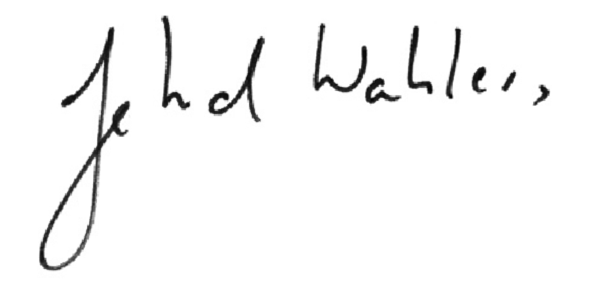Issue: 3/2019
It is a symptom of a new great-power politics that is increasingly shaping the international system. Russia, with its construction of intermediate-range missiles, and China, which increases its military spending each year and has reached parity with the US in some areas already, are contributing to this trend. Not to mention the dangers of an arms race in cyberspace or outer space, or of weapons of mass destruction in the hands of non-state actors, in other words, terrorists.
This means that the tasks that fall to us Europeans are growing. In the face of such threats, we can no longer delegate the responsibility for our security to others; we must contribute more with respect to security policy, and find our own answers to the strategic, military, and technological challenges of the 21st century. That is the message of Carlo Masala’s call for action in this issue. The European Union must significantly expand its strategic autonomy without alienating its transatlantic allies. This is especially important in times when proven forms of arms control are dissolving. In his article, Philipp Dienstbier analyses the reasons for the failure of the INF Treaty between Russia and the US. It is to be feared that we are facing a new arms race.
In other regions, rearmament has already had destabilising effects. In their article, Romina Elbracht and Ann-Margret Bolmer outline one example, that of Indian armament policy. For decades, Pakistan has been perceived as one of the central threats to Indian security. China is now becoming an important player and increasing its military involvement in the region. This has massive consequences, not only for Indian trade policy, but also for the regional arms race. The article clearly shows that global conflict lines have long ceased to be drawn along alliances of individual countries with the US and Russia.
Russia continues to strive to expand global arms partnerships. In sub-Saharan Africa in particular, Putin’s Russia is building on former Soviet relations with African states, as Benno Müchler describes in his article. Russia not only has access to African markets in mind, but is also keen on restricting European access to African resources.
Russia is also active in its immediate European neighbourhood. The sale of a Russian air defence system to Turkey is seen as an attempt to prise the country out of existing NATO structures. Michael Doran and Peter Rough argue that Turkey is buying the weapons in order to keep all its cooperation options open, and thereby put pressure on the US. Despite all the difficulties, it is important for the US, but also for Germany, to retain Turkey as an ally, given its importance for the Near and Middle East.
Beyond classical armament issues, it should be remembered that progress in the area of digitalisation and artificial intelligence is playing an increasingly important role in weapons technology as well. This is where technical, ethical and moral, as well as arms control policy questions intertwine. In an interview, Frank Sauer argues that in all discussions about the pros and cons of new technologies, humans must retain moral responsibility for life-and-death decisions.
I wish you a stimulating read.
Yours,




